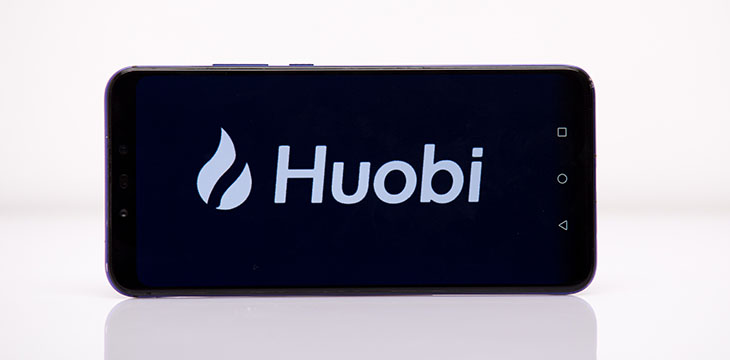|
Getting your Trinity Audio player ready...
|
One of the world’s largest exchanges is pushing to the Middle East, a region that has become the world’s fastest-growing blockchain and digital assets hub. Huobi has obtained a license from one of Dubai’s special economic zones, but it won’t be able to offer digital asset trading services just yet.
As the Seychelles-based exchange revealed, it had obtained the Innovation License under the Dubai International Financial Centre (DIFC), a special economic zone in the United Arab Emirates. Its first regulatory nod in the UAE, the license is not a trading license and doesn’t allow Huobi to engage in its core business yet.
Rather, the Innovation License serves as a launch pad for relevant and cutting-edge technology and allows the exchange to tap into tech innovations across the MESA region. Huobi can now establish, grow and scale up its innovative business as well as connect to a diversified community of banks and financial institutions.
This is just the beginning, and the exchange intends to pursue a Virtual Asset MVP License from the city’s Virtual Assets Regulatory Authority. This license would allow Huobi to offer the service it’s become known for—digital asset trading.
“We do not have other licenses in Dubai. We do have a small office there that caters to some key account and institutional customers in the Middle East region. We are, however, applying for provisional approval for a Virtual Asset MVP License from the Dubai VARA,” Huobi CFO Lily Zhang stated, speaking to an industry outlet.
In addition to the Dubai license, the exchange also revealed that it had become registered by the Financial Services Provider Register (FSPR) in New Zealand. The registration, which Huobi considers the first critical step in its expansion in the country, allows it to offer over-the-counter trading and asset management services.
“In New Zealand, cryptocurrencies themselves are not considered legal tender, but regulators treat cryptocurrency exchanges, brokers and other businesses offering investment opportunities much like they do other financial services providers,” Zhang stated.
And while it expands its footprint in the Middle East and Oceania, Huobi recently announced that it would be closing shop in Thailand. As CoinGeek reported, Huobi Thailand is shutting down in a week. The exchange did, however, mention that the operation was an independent subsidiary that it had set up with a local partner and had no bearing on the global operations.
Elsewhere, Huobi Japan announced recently that it had listed BSV, giving the vast Japanese market an easy, regulated, and convenient platform to buy the real Bitcoin.
Watch: The BSV Global Blockchain Convention panel, The Future of Digital Asset Exchanges & Investment
https://www.youtube.com/watch?v=RzJsCRb6zt8&t=7800s

 02-20-2026
02-20-2026 




